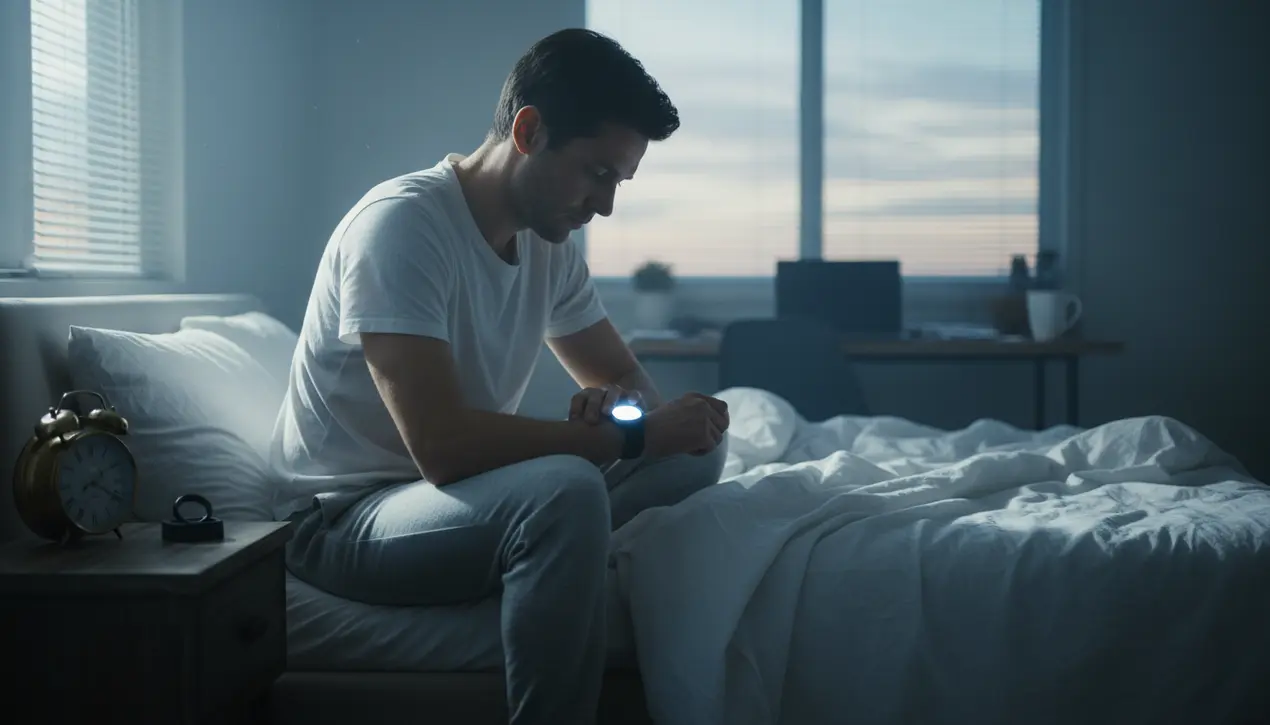
Entertainmentculture & trendsSocial Media Trends
The Victorian Roots of Our Modern Time Anxiety
LA
Laura Bennett
5 hours ago7 min read1 comments
Waking at 7:30 AM feels neither virtuous nor lazy, yet I immediately sense the subtle pressure to justify this ordinary moment. While we readily blame Silicon Valley's fitness trackers and productivity apps for our modern obsession with self-monitoring, this compulsion has much deeper historical foundations.To understand our contemporary anxieties about time management, we must look back to the drawing rooms and factories of the Victorian era. The 19th century fundamentally transformed time from a natural rhythm aligned with sun and seasons into a commodity to be managed, measured, and maximized.The industrial revolution's factory whistle didn't merely summon workers—it instilled a rigid temporal discipline that equated orderly living with moral superiority. This was the era when philosophers like Samuel Smiles preached 'Self-Help,' framing diligence and punctuality as markers of character rather than mere professional assets.Countless Victorian diaries, filled with meticulous accounts of hours devoted to study, prayer, and work, represent the original life logs—handwritten precursors to today's algorithmic tracking. In contemporary interviews about daily routines, I hear distinct echoes of this Victorian drive.A young entrepreneur feels guilty when her screen-time report shows excessive social media use—a digital version of the sin of idleness. A retired teacher systematically plans walks to optimize both cardiovascular health and mental clarity, directly continuing the Victorian belief in systematic cultivation of mind, body, and spirit.This historical context isn't merely academic—it forms the foundational layer of our modern psyche. The Victorians established the framework that we are projects to be perfected, while big tech simply provided hyper-efficient, data-saturated tools to pursue that perfection with unprecedented intensity.The step-counting watch on my wrist directly descends from the pedometers carried by health-conscious gentlemen in the 1800s—both devices serving as tangible proof of a life properly lived. Yet in our relentless optimization, we often lose the simple, unquantifiable joy of a morning without objectives, of waking at 7:30 simply because our bodies required it, with no dashboard to report to nor metrics to improve.The Victorians, despite their progress, confronted rising rates of neurasthenia and ennui—ailments of an over-civilized society. Today we face our own version: a burnout epidemic fueled by the very tools promised to liberate us. Understanding this lineage reveals that our struggle isn't new—it's merely the latest chapter in humanity's long, complex relationship with time, discipline, and the eternal, often exhausting, pursuit of self-improvement.
#editorial picks news
#Victorian era
#self-monitoring
#optimization
#big tech
#history
#culture
#society
Stay Informed. Act Smarter.
Get weekly highlights, major headlines, and expert insights — then put your knowledge to work in our live prediction markets.
Comments
Loading comments...
© 2025 Outpoll Service LTD. All rights reserved.